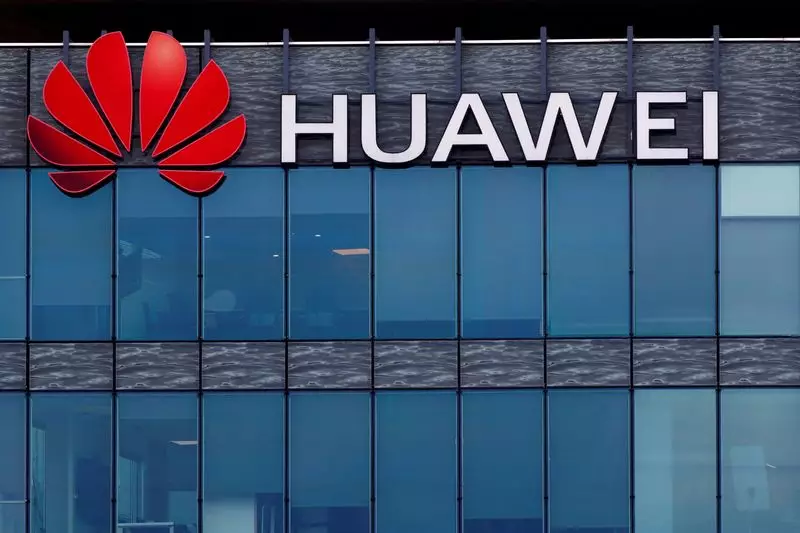In a significant move reflecting rising tensions between the United States and China, the U.S. House of Representatives is preparing to vote on a defense bill that allocates over $3 billion to facilitate the removal of equipment produced by Chinese telecom giants Huawei and ZTE. This initiative is part of a broader strategy to enhance national security by eliminating potential vulnerabilities in American telecommunications infrastructure. The extensive 1,800-page legislation emphasizes the urgency and scale of this undertaking, underscoring ongoing security threats posed by foreign entities.
The Federal Communications Commission (FCC) estimates that the total cost to dismantle and replace this insecure equipment could reach an alarming $4.98 billion. Historically, Congress has only approved a fraction of this amount, allocating $1.9 billion to the ‘rip and replace’ program so far. The proposed funding in the upcoming defense bill, while substantially increasing the financial resources available, still falls short of addressing the full scope of the situation. FCC Chair Jessica Rosenworcel has emphasized the importance of additional funding, noting that communities—especially rural areas—could face dire consequences without proper financial backing. The reality is that financial constraints not only threaten national security but could also hinder basic connectivity for millions of Americans.
The U.S. government’s firm stance on banning Chinese equipment goes beyond domestic policy; it extends into the realm of international relations. Representatives from the U.S. have been actively encouraging allies to remove Huawei and ZTE technology from their telecommunications infrastructures. This global campaign to eliminate Chinese tech is part of a broader geopolitical strategy designed to counteract perceived threats to democratic values and national sovereignty posed by authoritarian regimes.
Besides the financial allocations for telecom equipment removal, the bill contains provisions aimed at monitoring and assessing China’s advancements in biotechnology and efforts to circumvent U.S. regulations. This reflects an awareness of the growing significance of technology in global power dynamics. Senate Commerce Committee Chair Maria Cantwell has indicated that the funding for this comprehensive strategy would potentially be sourced from a one-time FCC spectrum auction, which underscores the ongoing demand for advanced wireless services in an increasingly digital world.
As the House prepares to vote on this important legislation, the implications are clear: safeguarding national security and ensuring connectivity in critical areas are now paramount. The defense bill not only responds to immediate security concerns but also sets a precedent regarding foreign technology’s influence on U.S. infrastructure. While the allocation of additional funds represents progress, ongoing vigilance and robust funding will be essential to adequately address the complexities of global technology policies and their ramifications for American citizens. In a time of unprecedented technological evolution, the decisions made today will resonate for years to come, shaping the future of American telecommunications and national security.

